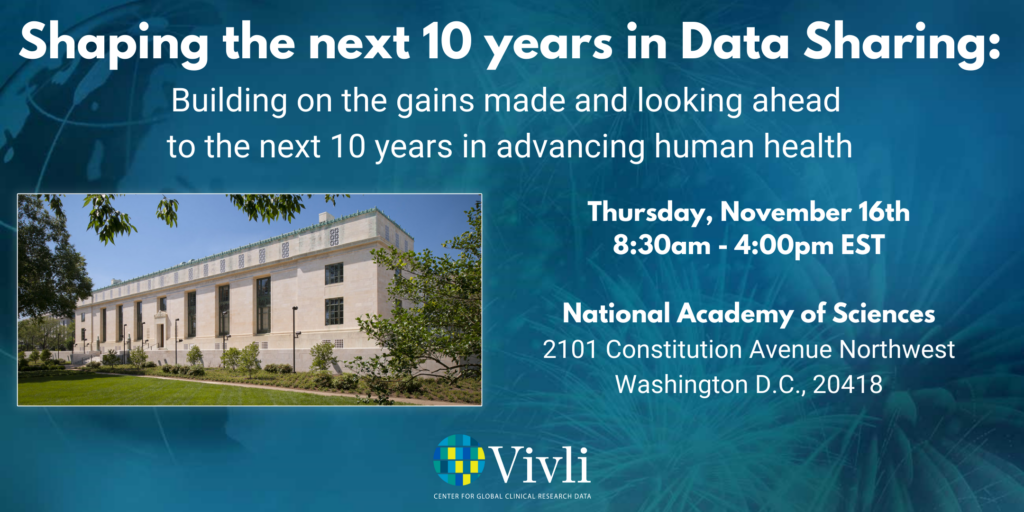 In a recent study led by Dr. Sarah Nevitt, a senior research associate at the University of Liverpool, a team of researchers examined the effectiveness of various antiepileptic drugs (AEDs) used as monotherapy for people experiencing seizures due to epilepsy. Epilepsy, a common neurological disorder, results from abnormal electrical discharges in the brain, causing recurrent seizures. Typically, around 60% to 70% of individuals with epilepsy achieve longer-term remission, often shortly after beginning treatment with antiepileptic drugs.
In a recent study led by Dr. Sarah Nevitt, a senior research associate at the University of Liverpool, a team of researchers examined the effectiveness of various antiepileptic drugs (AEDs) used as monotherapy for people experiencing seizures due to epilepsy. Epilepsy, a common neurological disorder, results from abnormal electrical discharges in the brain, causing recurrent seizures. Typically, around 60% to 70% of individuals with epilepsy achieve longer-term remission, often shortly after beginning treatment with antiepileptic drugs.
Dr. Nevitt and her team sought to compare the performance of 12 different AEDs in terms of treatment failure, remission, and occurrence of first seizures among both children and adults with focal onset or generalized tonic‐clonic seizures. They analyzed data from an extensive collection of clinical trials encompassing more than 22,000 participants, incorporating individual patient data from various studies using a network meta-analysis.
The analysis revealed some key insights. Older drugs like phenobarbitone and phenytoin demonstrated better seizure control for both focal and generalized seizures but had poorer long-term retention rates compared to newer medications such as lamotrigine and levetiracetam. Sodium valproate emerged as the top choice for achieving control and remission of generalized tonic‐clonic seizures, although it might not be suitable for everyone, especially people of childbearing age, due to associated risks.
These findings, published in the Cochrane Library, have already influenced the update of UK guidelines in 2022, providing immediate impact on the treatment of individuals newly diagnosed with epilepsy in the UK. In a recent conversation with Vivli, Dr. Nevitt highlighted that these results are guiding the approach to epilepsy treatment, emphasizing the importance of considering both efficacy and potential side effects when selecting appropriate medications for individuals experiencing seizures.
Interested in finding out more about how access to Vivli’s data repository can help advance your research? Find out more about how to search and request data.


 Rheumatoid arthritis (RA) poses a significant challenge due to its chronic nature and impact on joint health. While treatments have evolved, achieving remission remains elusive for many patients. Using a dataset from the Vivli repository, Dr. Ricardo Ferreira and a team of researchers delved into examining the assessment criteria for remission in RA, shedding light on the limitations of current approaches and proposing a new model—the dual target strategy.
Rheumatoid arthritis (RA) poses a significant challenge due to its chronic nature and impact on joint health. While treatments have evolved, achieving remission remains elusive for many patients. Using a dataset from the Vivli repository, Dr. Ricardo Ferreira and a team of researchers delved into examining the assessment criteria for remission in RA, shedding light on the limitations of current approaches and proposing a new model—the dual target strategy. In a recent study led by Dr. Sarah Nevitt, a senior research associate at the University of Liverpool, a team of researchers examined the effectiveness of various antiepileptic drugs (AEDs) used as monotherapy for people experiencing seizures due to epilepsy. Epilepsy, a common neurological disorder, results from abnormal electrical discharges in the brain, causing recurrent seizures. Typically, around 60% to 70% of individuals with epilepsy achieve longer-term remission, often shortly after beginning treatment with antiepileptic drugs.
In a recent study led by Dr. Sarah Nevitt, a senior research associate at the University of Liverpool, a team of researchers examined the effectiveness of various antiepileptic drugs (AEDs) used as monotherapy for people experiencing seizures due to epilepsy. Epilepsy, a common neurological disorder, results from abnormal electrical discharges in the brain, causing recurrent seizures. Typically, around 60% to 70% of individuals with epilepsy achieve longer-term remission, often shortly after beginning treatment with antiepileptic drugs.
 Yizhe Xu is a Postdoctoral Researcher at
Yizhe Xu is a Postdoctoral Researcher at 
 Did you know there’s more on Vivli than just clinical trial data? The majority of our repository of data comes from clinical trial data, but also includes significant numbers of platform trials, observational studies, and real-world evidence resources.
Did you know there’s more on Vivli than just clinical trial data? The majority of our repository of data comes from clinical trial data, but also includes significant numbers of platform trials, observational studies, and real-world evidence resources.